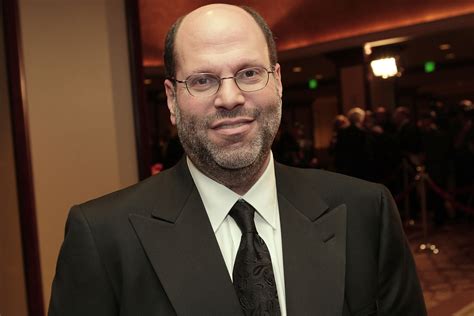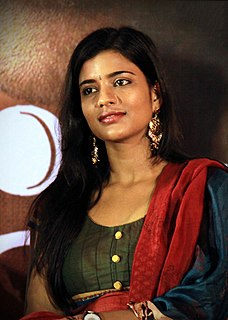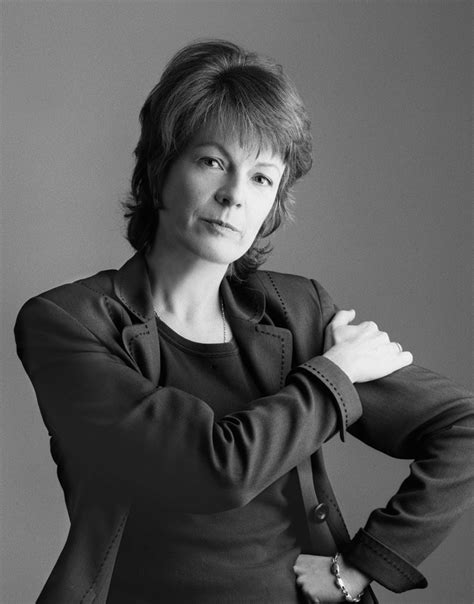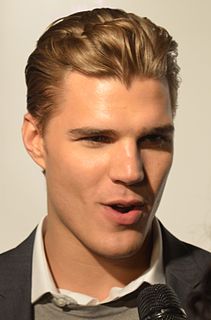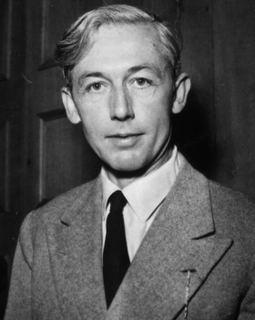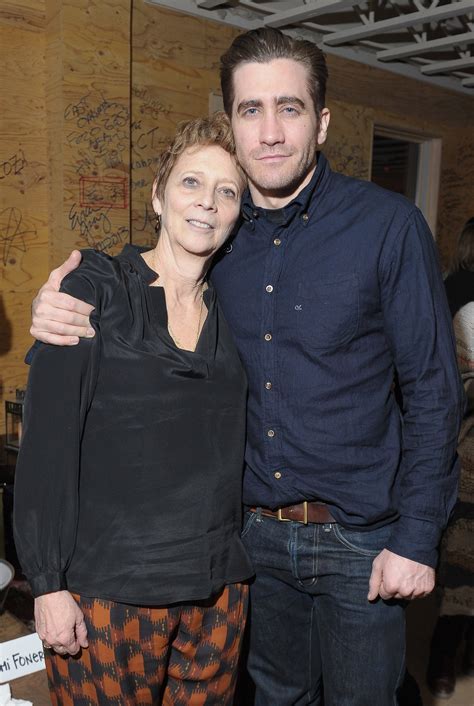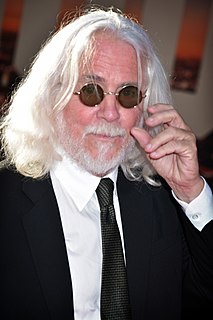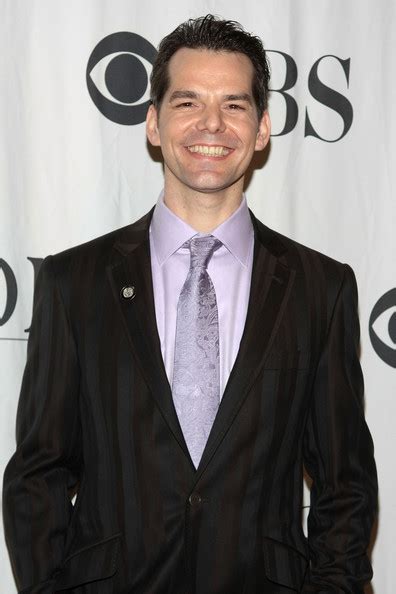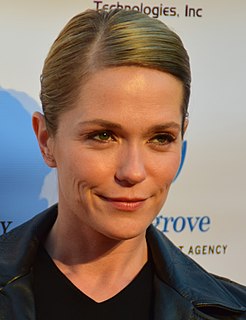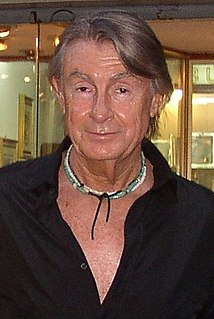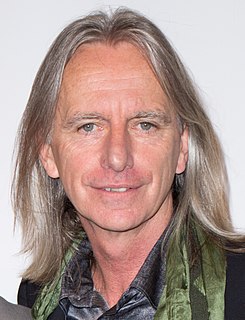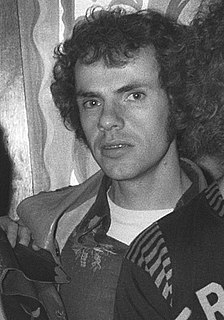Top 97 Cinematographer Quotes & Sayings - Page 2
Explore popular Cinematographer quotes.
Last updated on December 19, 2024.
People don't live their lives in a series of scenes that form a dramatic narrative, they don't speak in dialogue, they're not lit by a cinematographer or scored by a composer. The properties of real life and the properties of drama have almost nothing to do with each other. The difference between writing about reporters and being a reporter is the same as the difference between drawing a building and building a building.
Someone asked me when it was that I felt confident enough in my writing that I could rely on it as a career. The truth is, I never have. I'm always on the hunt for second, third, or fourth careers. Private detective and cinematographer were previous career choices, but now that I'm older I think I'd be a good portrait painter, rug merchant, or florist.
All the actor does is, he tries to get as many takes as he can out of the director that day. So he can walk away and say to himself, "Hey, it's in there. I'm not going to edit it. I'm not going to make those choices. If they want to blow it, it's fine. But I've done all I can." You're right. I'm always amazed when actors bash films as if those grips and that cinematographer didn't work hard enough.
As important as it is to learn the techniques of cinematography, you also have to learn how to deal with the movie set, with show business. I came up with a cinematographer who is very talented, but she was never quite able to handle everything else you have to do - dealing with the producer and the crew and the time frame that you have to follow.
The difference between a regular camera and a 3D camera, for an actor, is really no different except that the turn-arounds are longer. It takes a lot longer to set up a shot because the cinematographer is really trying to set up a whole world, so it can't be more intricate and more beautiful to the viewers, in 3D.
Working with Robert, Robert [Elswit] is a storyteller. He's not a cinematographer, he's a storyteller. And to me, that's the graduation I hope to get to in my profession. That I'm not just an actor, I'm a storyteller. And I think that takes a long time in, when you have one job on a movie set. Makeup artists, actor, whatever. To graduate from just that to storyteller.
To me, achieving tone, achieving consistency, is exactly the job of a director. It is to be the fusing, the nexus of a whole bunch of people contributing to the complex life of a movie. There are actors, there's a cinematographer, there're costume people, set people, there are all these things, and you somehow have to be the person in the middle of it who is making it all synchronize into the same magic bubble.
I had done it all in my career. I always felt, as a kid, that that's what a director needed to be. Hitchcock could do anything in my mind. He's the director. That person has to be the best actor, the best designer, the best cinematographer. Then I came to realize that isn't the case. You just need to surround yourself with the best.
I've kept the people who've been in my career who I feel are my family. Kathy [Kennedy] had been with me since 1978. Janusz Kaminsky, my cinematographer, has made every movie with me since Schindler's List. Michael Kahn has cut every movie I've directed since 1976 when we made Close Encounters together. Rick Carter has done more than 15 of my directed films as a production designer.
In terms of talking with my collaborators as they came onboard - Jeannine Oppewall, our production designer, Dante Spinotti, our cinematographer, and so forth - I said to them, "Let's pretend that this is a place like Honolulu. Let's ignore the fact that all these other movies have been made here for decades and try to come at it with a fresh eye, as if it were an exotic city that people aren't that familiar with. And let's present our own view of it, create a world that's unique to this movie [L.A Confidential].
For many years I thought, "Well, I need to know a lot more to direct." But I looked around and watched all the people I know directing and thought, "No. I just need to know what I want it to be." Then there will be a lot of people to help me get it to there, especially Bobby Bukowski, he's a brilliant cinematographer.
Don't get me wrong, Carter Smith is an insanely talented photographer, but as a director he approached it more from a story standpoint. He definitely had an interest in communicating the text and the characters first, and he allowed his cinematographer Darren Lew to really find the visuals - of course, he worked with him throughout the entire Jamie Marks Is Dead movie, it was a collaborative effort. While the movie is very visually beautiful, in my opinion, very visually striking, Carter was definitely approaching it from a performance standpoint first.
I have a lot of influences. I like to sit down with the cinematographer a month before, and we'll watch pieces of 20 or 30 movies. You're basically the sum of all the experiences you've ever had, and they're sort of shaken up in you and reproduced in the things you create, and that includes seeing movies.
Sixty-five days principle photography, five-day weeks, which is the only way I'll work. With my cinematographer Russell Boyd, we take as much time as possible before pre-production, looking at stills. The next most important thing: he will come to me and talk about lenses. And I'll see his plan, which is generally great, and I might talk about how the light will be, handheld or not? I talk very freely, and try not to talk specifically, just talk around it, because it can unlock all sorts of things.
You have to believe in yourself and always strive for the best. Whether that is getting the best actor, the most talented cinematographer, or the best location for your story, you have to have the hunger to want it and be willing to do what it takes to get it. A filmmaker should never be satisfied with their work. There should always be something that they want to improve on.
When you're doing physical comedy, everybody's involved, not just the actors. Everybody's behind the scenes following them, and we've got Jillian the cinematographer running after them, then we've got three guys behind her who are cable-wranglers running with her so she doesn't trip on it. Every day was a mad-dash to the finish line. Every day was so stressful. Every day was so fun.
I learn a lot as a director from acting in other people's films and just in general. I want to try and be as involved in the art of filmmaking as possible. I feel that the only way to really do that is to take on as many roles as possible, whether it be as an actor, an editor, a director, a cinematographer. Basically, I like to help and be involved, so anything anybody asks me to do, my first reaction is to say "Yes."
I worked on movies with a lot of violence when I was a cinematographer, and it always bothered me. It's a personal thing. I wouldn't want my kids to see it. I certainly believe that freedom of expression shouldn't be taken away, but I also believe you can make movies that are thrilling and exciting without too much violence.
I'm most excited that the hard work has paid off for myself and the team. You put your heart and soul into something and you want to show it to an audience outside of Jersey Boys. It gives a chance to not only show my work, but of Jeffrey Schecter as an actor and co-writer. It gets to show off our cinematographer, my production team. That's what I'm most proud of… everybody gets to have their own moment to enjoy it.


